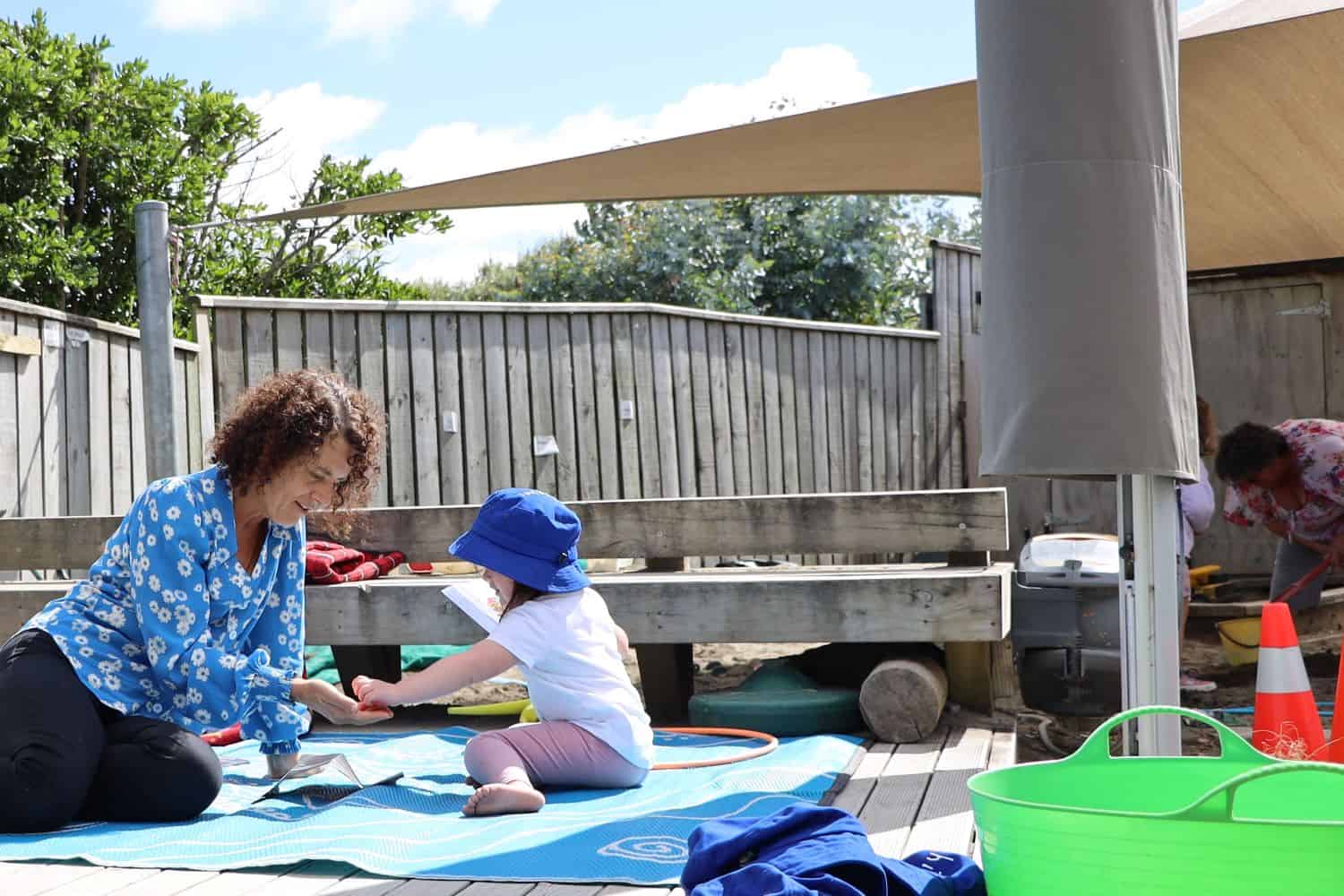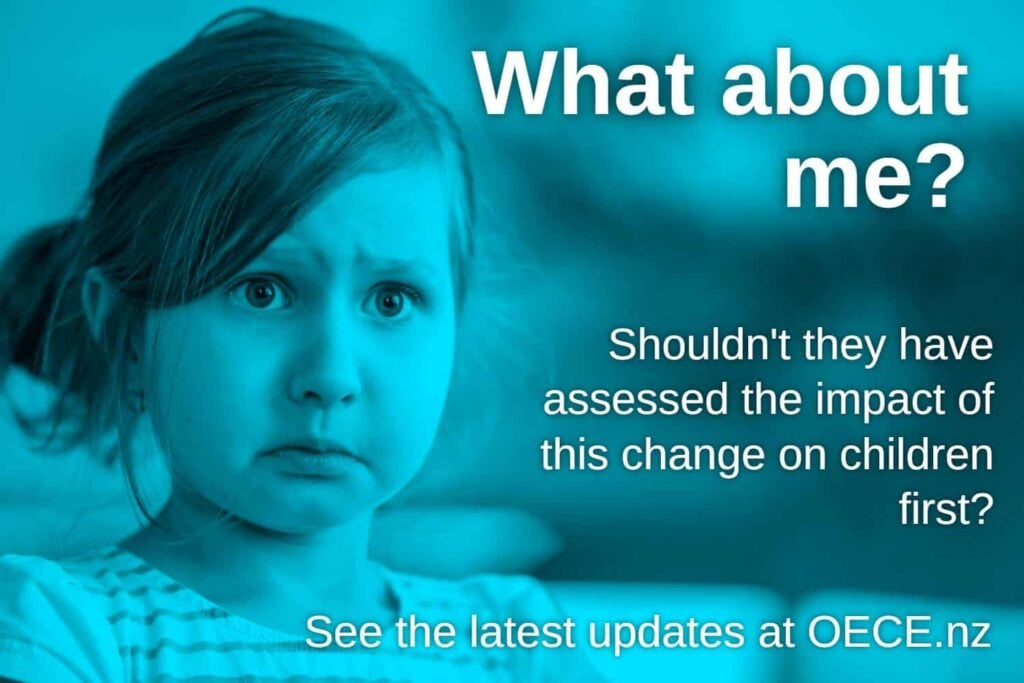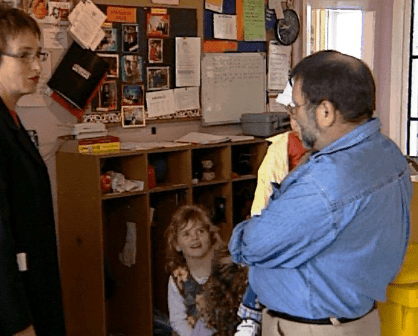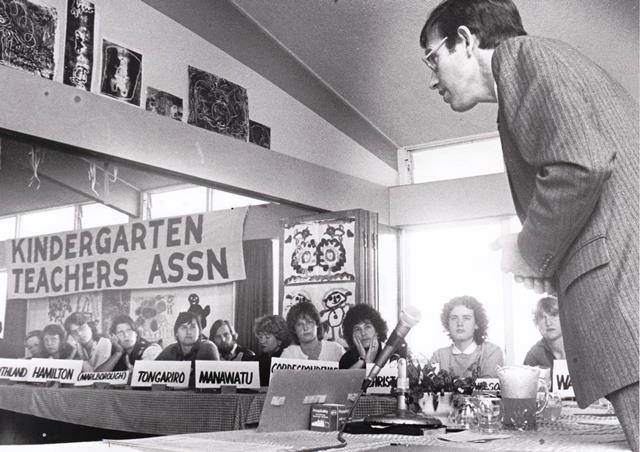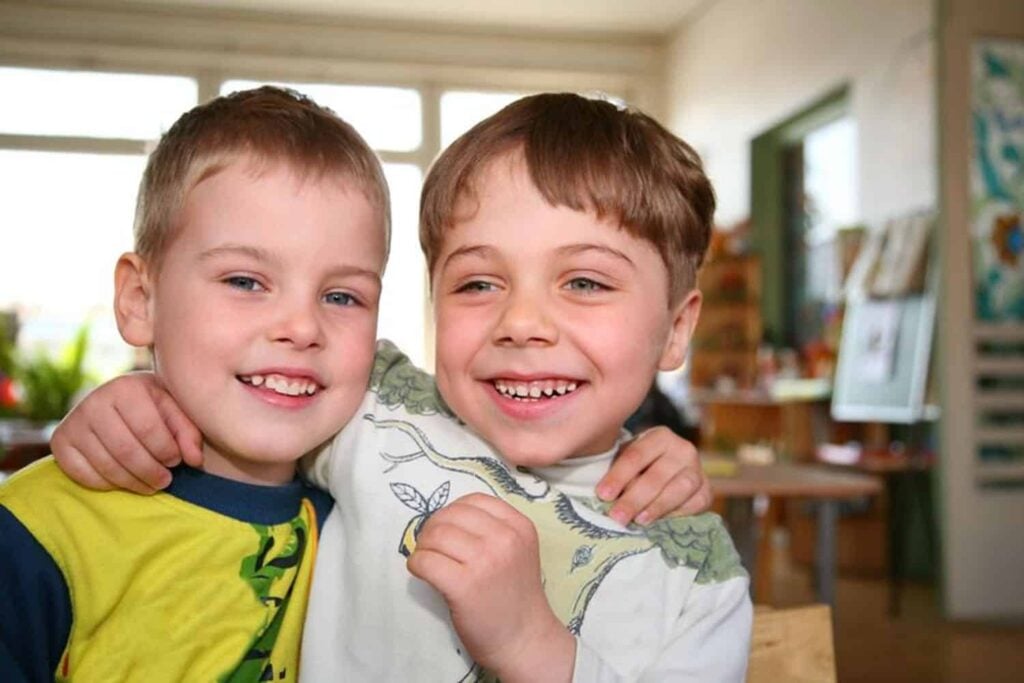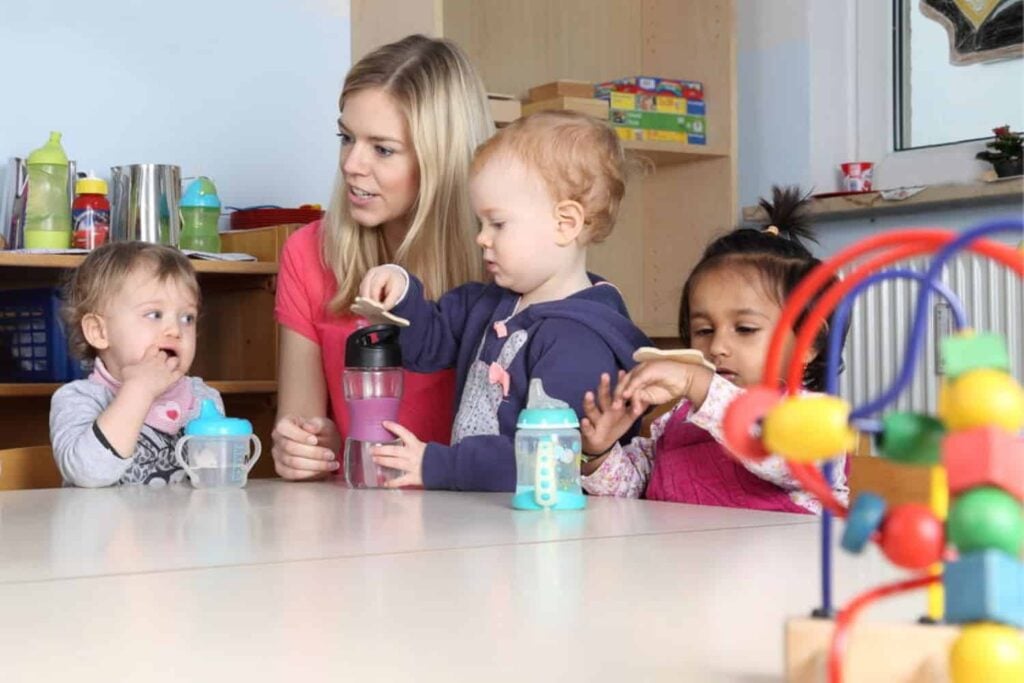This thesis presents the results of a study of constructions of quality in different early childhood settings. From the Otago region in New Zealand, four kindergartens, three childcare centres, two playcentres and two kohanga reo were studied. Parents and staff from these centres and national experts were involved.
A multimethod research approach was used, including questionnaires, meetings of representatives from the centres, participant-observation of charter development, and observation of centre quality. In addition, centres were provided with feedback as part of the processes of data collection and analysis.
The findings affirmed recent claims in the literature that there exist a range of values and perspectives on quality early education and care. Shared meanings of quality within and across parent and staff groups were identified. Different practices and meanings of quality constituted different constructions of quality for the kindergarten, childcare, playcentre and kohanga reo groups.
Programme goals relating to children’s psycho-social, language and physical development were most important from parents’ and staff perspectives. Their beliefs about the goals of an early childhood programme were reflected in their definitions and views on centre quality.
When defining a good-quality centre the majority of parents wrote about staff who like or love children, a happy, warm or friendly atmosphere, and children’s eagerness in being at the centre. Staff referred most to centre atmosphere and to the appropriateness of the type and range of activities for children.
Parents’ and staff mean ratings of the importance of different quality criteria suggested that some of the key indicators of quality in the research literature, such as trained staff and adult-child ratio, were not as important as other criteria such as that staff care about children. Staff responsiveness to children was rated as very important by every staff member and almost all parents. Parent and staff values about quality differed most in the areas of parent-staff relations and the role of the early childhood centre in promoting certain aspects (particularly cultural) of children’s development. The practices and philosophies of the early childhood groups appeared to be linked to differences in parent and staff views about quality.
There were more differences between the views of parents and staff than between the views of staff and outside experts in their ratings of the importance of various quality criteria. The extent people were involved in an early childhood setting seemed to have some influence on how they rated the importance of various quality criteria. Parents’ concerns about their children and staff concerns about their own needs for a positive healthy working environment were reflected in their definitions of quality.
In their descriptions of what they liked most about their centre parents focused on the need to have trust in staff competency to provide good care and to know that their child was happy. Staff focussed more on the organisational and social features of their working conditions. All parents and staff expressed one or more things that they liked about their centre, but fewer parents than staff expressed one or more criticisms. This suggested different possibilities: parents may have had high levels of satisfaction, they may not have wanted to admit they were unhappy about anything, or they may have accepted the standard of their centre’s quality (thinking or knowing that no other options were available).
Particularly low ratings of centre performance were given by staff and parents on having a written programme schedule, the adequacy of provisions for sick children, recognising differences in children’s home-background in the programme, providing a bicultural programme and supporting community involvement. Practices relating to parent-staff communication and home-centre relationships also received low performance ratings.
Organisational and philosophical characteristics of the kindergartens, playcentres and childcare centres had some influence on how well centres met various criteria of quality. Centres were observed to be lowest in quality on criteria pertaining to equity issues and highest on criteria related to the social climate and care of children. Observed practices were well below parents’ and staff ratings of the importance of group-size, promoting cultural awareness, biculturalism, staff responsiveness to children, staff involvement in children’s play, a balance of indoor and outdoor play, staff health and hygiene, teaching children good personal hygiene, and meeting physical care needs.
The process of charter development varied in a number of ways at the kindergartens, childcare centres and playcentres. Difficulties in obtaining parent participation were experienced and some ingenious techniques and incentives were used to encourage participation. Enhanced three-way communication resulted between parents, staff and managers/committee members on meanings and practices of quality. The Treaty of Waitangi and Special Needs sections of the charter generated most discussion and debate. Many people disliked the fact that there were major parts of the charter which were non-negotiable. A profile of quality for each early childhood group is included with a summary of key findings for the questions of the research study.
Constructions of Quality in Early Childhood Centres.
Sarah Alexander.
PhD Thesis 1993.
University of Otago, NZ.


